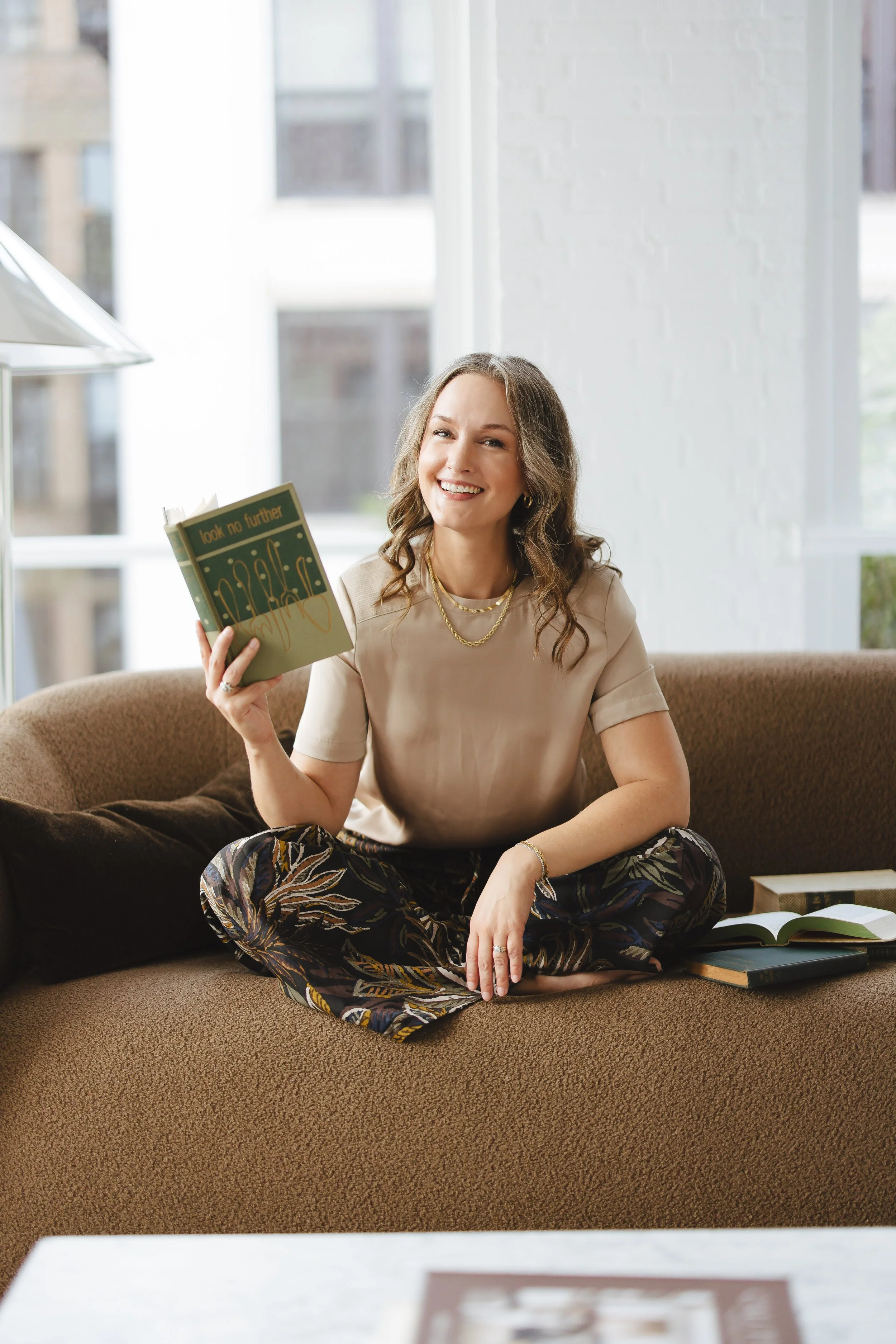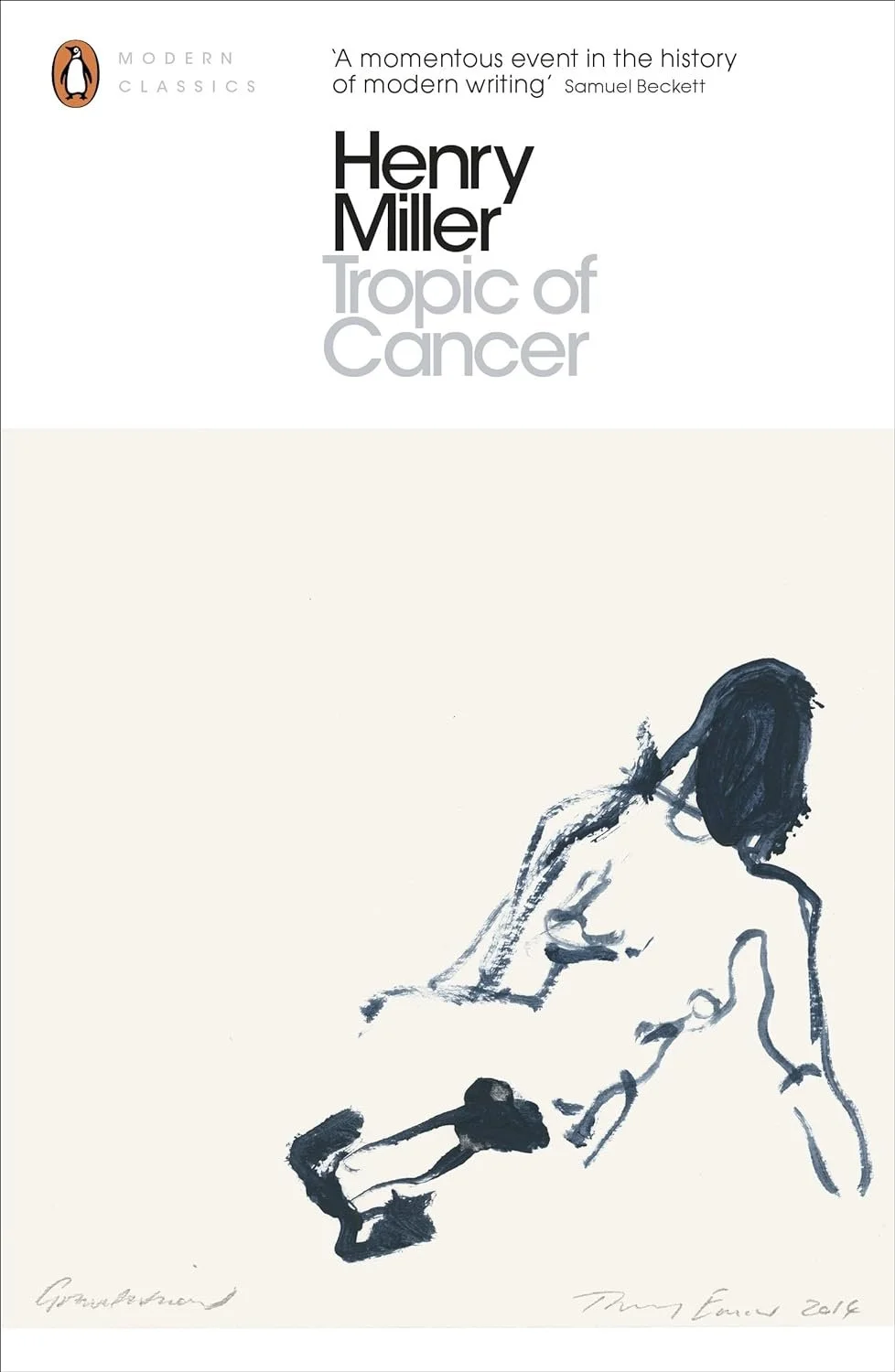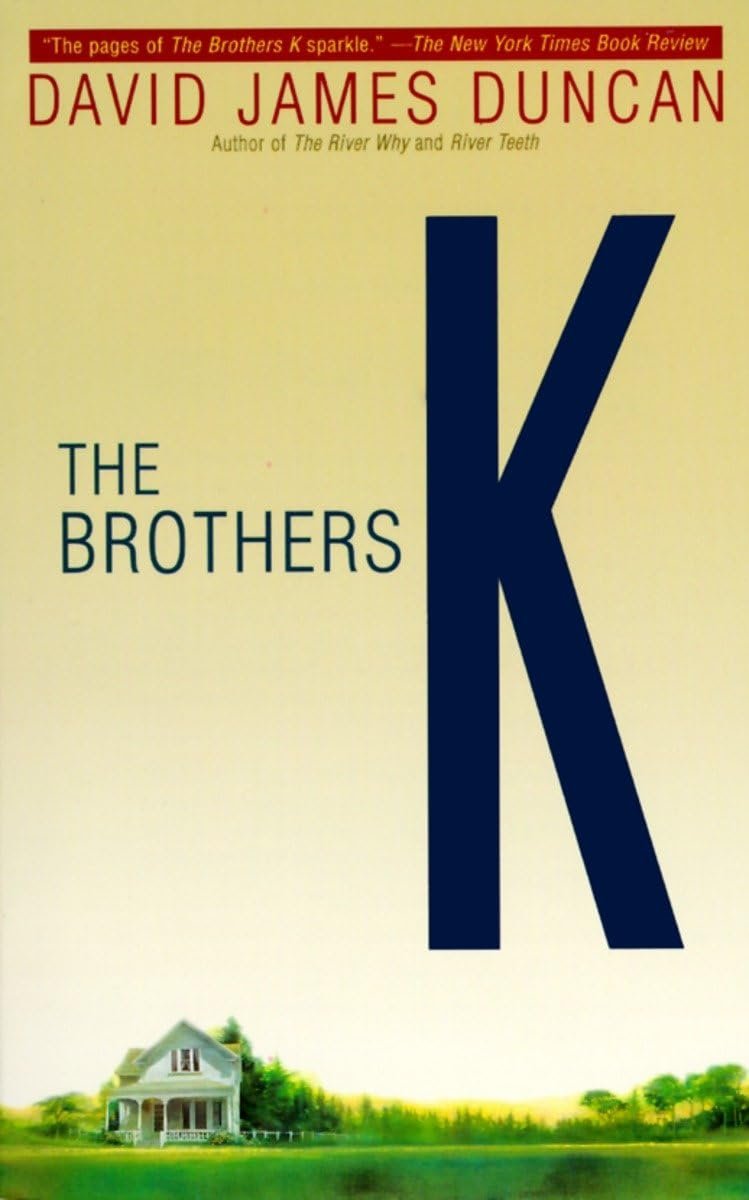Robert W. Norris
Author Interview - Robert W. Norris
Author of The Good Lord Willing and the Creek Don’t Rise: Pentimento Memories of Mom and Me
“The Good Lord Willing and the Creek Don’t Rise: Pentimento Memories of Mom and Me” traces the trials, tribulations, and unbreakable bond of two Pacific Northwest characters. Kay Schlinkman grows up on the banks of the Columbia River in the 1930s and 1940s. She overcomes a small logging town’s ostracism in the late 1950s for her divorce, excommunication by the Catholic Church for remarrying, severe criticism and rejection for defending her son’s refusal to go to war, and the burden of paying off her second husband’s gambling debts. She takes night classes to become qualified as a legal secretary in her fifties and continues to work until she’s seventy-eight.
Robert Norris goes to military prison as a conscientious objector to the Vietnam War, embraces the counterculture upon release, wanders the world in search of his identity, and eventually lands in Japan, where he finds his niche as a university professor, spends two years as the dean of students, and retires as a professor emeritus. Despite their separation by the expanse of the Pacific Ocean, Robert and Kay maintain a lifelong commitment of love, respect, and support that enriches both their lives. This story provides a heart-warming example of how far a mother and son can go in maintaining their bond against all odds. A must read for all mothers and sons, and for those who’ve wondered what the road less traveled would’ve been like had they taken that first step.
Author Interview - Robert W. Norris
Author I draw inspiration from:
I admire Henry Miller for his commitment to his work, his honesty, his comical irreverence, and his curiosity about the mystery of the universe and the meaning of life. He’s probably most famous for his books that were banned in the U.S. for years — “Tropic of Cancer,” “Tropic of Capricorn,” “Sexus,” “Plexus,” “Nexus” — but my personal favorites are “The Air-Conditioned Nightmare” and “The Colossus of Maroussi”.
Author Interview - Robert W. Norris | Author I Draw Inspiration From
Favorite place to read a book:
On the sofa in the front room of our house.
The moment I knew I wanted to become an author:
In 1973, I was 22 and something of a lost soul with no direction in life. In what could be called a search for identity, I hitchhiked across the U.S. and bummed around Europe for a few months. I constantly came across many young Europeans who were making music, writing poetry, and living what seemed to me exciting and fulfilling lives. Several of them encouraged me to express myself in some manner. They influenced me greatly. When my money ran out and I returned to the States, I was determined to become a writer.
Hardback, paperback, ebook or audiobook:
I read in all formats. There is nothing I dislike about any of the options. A good story, no matter how the reader approaches it, will resonate.
The last book I read:
The most recent book I read was “Safe Return: Inside the Amnesty Movement for Vietnam War Deserters” by Michael Uhl, who is a Vietnam War veteran, scholar, antiwar activist, and freelance writer. In 1971, he co-founded The Safe Return Committee, which advocated for a universal amnesty on behalf of Vietnam era military resisters. I think “Safe Return” should be required reading for the students of any educational system committed to teaching the full truth of the Vietnam War and its impact on society. It has a permanent place on my own bookshelf.
Author Interview - Robert W. Norris | The Last Book I Read
Pen & paper or computer:
I usually write chapter outlines, various notes, and sketches of people and places in a notebook. I do the various drafts on my computer. I prefer to print out the drafts and do the editing with a pen or pencil. Then I’ll go back to the computer to do all the corrections, rearranging, and additions of new material.
Book character I think I’d be best friends with:
I’d like to become friends with the character of Kincaid Chance, the narrator of David James Duncan’s “The Brothers K”. Kincaid is the youngest boy in the family, has a wonderful sarcastic sense of humor, and tells the story of the lovable and offbeat members of his family as they navigate the 1960s in the mill town of Camas, Washington.
I think we’d be good friends because there are so many themes we have in common. A parent who was a diehard Seventh Day Adventist. Growing up in a logging community. Conscientious objection to the Vietnam War. One character who went to war. Another who became a hippie and went to India. A love of baseball. I would want to go to a neighborhood bar and share stories of life and adventure over a few beers. I’d also ask Kincaid to tell me more about himself because despite the detailed stories about all his family members in the book, he tells us very little about himself.
Author Interview - Robert W. Norris | Book Character I’d be Best Friends With
If I weren’t an author, I’d be a:
I’m retired now, but I was very lucky to have made a living as a university teacher in Japan. Even if I could do it all again, I wouldn’t change a thing. It was a fulfilling career and allowed me to be around books for most of my working life.
Favorite decade in fashion history:
I'm not really interested in fashion, but the 1970s in Europe would be interesting to revisit.
Place I’d most like to travel:
At this point in life, I’m content to be a homebody. In my twenties, I traveled to Europe twice, around the world once, and made it through at least half of the states in the U.S. While teaching at a Japanese university, I went to academic conferences in Australia, China, and different parts of Japan. I also chaperoned university students on homestay/study programs to Australia, the U.K., Canada, and the U.S. Nowadays, if I get the itch to visit a particular place on the map, I find a good book that takes place in that locale and allow the author to transport me there.
My signature drink:
In my youth, I guzzled way too much alcohol. I’m content now with a cup of coffee with a little honey in it.
Favorite artist:
Painting: Vincent Van Gogh’s paintings still touch me deeply. I have wonderful memories of visiting the Van Gogh Museum in Amsterdam.
Music: I still enjoy listening to Crosby, Stills, Nash, and Young. Their melodies and harmonizing never get old. And the lyrics to their antiwar songs are still relevant in today’s mixed-up world.
Number one on my bucket list:
I plan to take on the study of Japanese kanji again. I’ve made several attempts in the past but never made it past a junior high school student’s reading level. I want to improve to the point of being able to read some of my favorite Japanese authors in the original without having to rely on English translation.
Find more from the author:
https://robertwnorris.com/
https://www.facebook.com/bob.norris.374
About Robert W. Norris:
Robert W. Norris was born and raised in Humboldt County, California. He was a conscientious objector to the Vietnam War and served time in a military prison for refusing his order to fight. In his twenties, he roamed across the United States, went to Europe twice, and made one journey around the world. In 1983, he landed in Japan, where he became a professor at a private university and retired as a professor emeritus. He is the author of three novels, a novella, a memoir, and 25 research papers on teaching. He and his wife live near Fukuoka, Japan.








